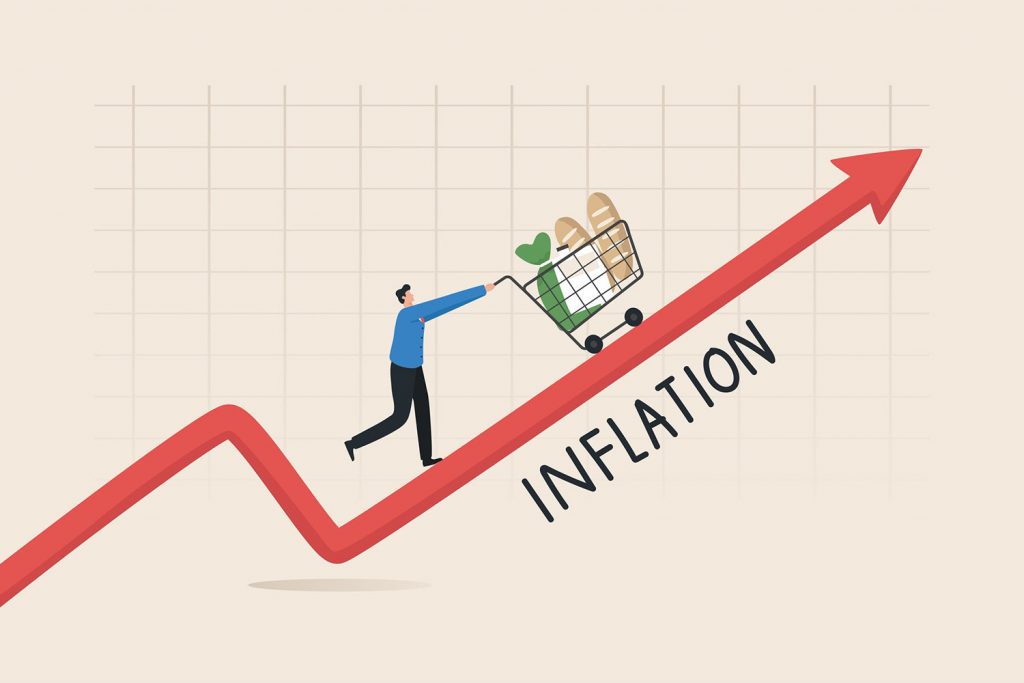
In recent years, inflation has become a significant concern across various industries, and event production is no exception. The rising costs of goods and services are putting pressure on event producers, forcing them to rethink their budgets, strategies, and overall event planning processes. From venue rentals to catering, transportation, and marketing, inflation affects nearly every aspect of event production. This blog post delves into how inflation is impacting event producers and provides actionable steps they can take to reduce costs without compromising the quality of their events.
The Impact of Inflation on Event Production
1. Rising Venue Costs:
Inflation drives up the cost of renting event spaces as property values and operational costs increase. Venue owners are passing these costs onto event producers, leading to higher rental fees. Additionally, ancillary costs such as utilities, security, and maintenance have also seen significant price hikes.
2. Increased Catering and Food Costs:
Food prices have been particularly volatile, with inflation pushing up the costs of ingredients, transportation, and labor. Event producers are seeing a marked increase in catering budgets, which can significantly impact the overall cost of an event, especially for large-scale gatherings.
3. Higher Transportation and Logistics Expenses:
The cost of fuel and transportation has surged, affecting everything from the delivery of event materials to the transportation of attendees. Logistics companies are increasing their rates to offset these rising expenses, which trickles down to event producers.
4. Labor Costs and Availability:
Inflation has also affected wages, as workers demand higher pay to keep up with the rising cost of living. This has led to increased labor costs for event producers, who must now allocate more of their budgets to staffing, from setup crews to waitstaff and technical support.
5. Increased Costs for Marketing and Promotional Materials:
The price of paper, printing, and digital advertising has also risen due to inflation. As a result, event producers may find themselves paying more for promotional materials, both physical and digital.

Steps Event Producers Can Take to Reduce Costs
1. Early Planning and Booking:
One of the most effective ways to mitigate the impact of inflation is to plan and book services early. By locking in prices months in advance, event producers can avoid potential price hikes. Additionally, early booking can give producers more leverage in negotiating favorable terms with vendors.
2. Negotiate Flexible Contracts:
Given the unpredictable nature of inflation, it’s wise to negotiate contracts that allow for some flexibility. For example, event producers can negotiate for price caps or clauses that allow them to adjust the scope of services if costs exceed a certain threshold.
3. Consider Alternative Venues:
Instead of traditional venues, event producers can explore alternative locations that might offer more competitive pricing. Public spaces, community centers, or even virtual venues can provide cost-effective alternatives to more expensive traditional venues.
4. Optimize Catering Options:
To manage rising food costs, event producers can opt for simpler, less expensive menu options. Working closely with caterers to create cost-effective menus that still deliver quality can help keep catering budgets in check. Additionally, sourcing local and seasonal ingredients can reduce transportation costs and support local businesses.
5. Leverage Technology:
Utilizing technology can help reduce costs in various ways. For example, choosing the right ticketing partner that will eliminate costs both in advance of your event and any costs associated with facilitating entry management can lead to huge savings. Virtual and hybrid events, for example, can eliminate the need for large physical venues and reduce transportation and accommodation costs. Additionally, digital marketing can be more cost-effective than traditional methods, especially when leveraging social media and email campaigns.
6. Reduce Waste:
Event producers can cut costs by reducing waste. This includes minimizing excess in areas like catering, printed materials, and giveaways. By accurately forecasting attendance and needs, producers can avoid over-ordering and unnecessary expenses.
7. Collaborate with Sponsors:
Partnering with sponsors can help offset costs. Sponsors can contribute financially or provide in-kind donations, such as catering, promotional materials, or venue space. In exchange, they gain visibility and marketing opportunities at the event. Consider enhancing the value you are driving for your sponsors, create niche programs to find the right sponsors to help offset specific expenses, and leverage the tools provided by your ticketing provider to create additional visibility for title sponsors.
8. Flexible Event Formats:
Consider adopting flexible event formats that can easily be scaled up or down depending on budget constraints. For example, a hybrid event allows for a smaller in-person gathering while still reaching a larger audience online. This can significantly reduce venue, catering, and transportation costs.
9. Review and Optimize Vendor Relationships:
Event producers should regularly review their vendor relationships to ensure they are getting the best value. This might involve renegotiating contracts, exploring new vendor options, or bundling services to achieve cost savings.
10. Monitor and Adjust Budgets in Real-Time:
Finally, event producers should closely monitor their budgets throughout the planning process. By using budget tracking tools and regularly reviewing expenses, they can make adjustments as needed to stay on track and avoid unexpected cost overruns.
Conclusion
Inflation presents a significant challenge for event producers, impacting every aspect of event planning and execution. However, by taking proactive steps to manage costs, event producers can continue to deliver high-quality experiences without breaking the bank. Early planning, flexible contracts, strategic vendor relationships, and creative solutions are key to navigating this challenging economic landscape. By staying agile and adaptable, event producers can successfully mitigate the impact of inflation and ensure the success of their events.
As always if you are looking for some great events to attend you check out our featured events HERE.
Other Articles

